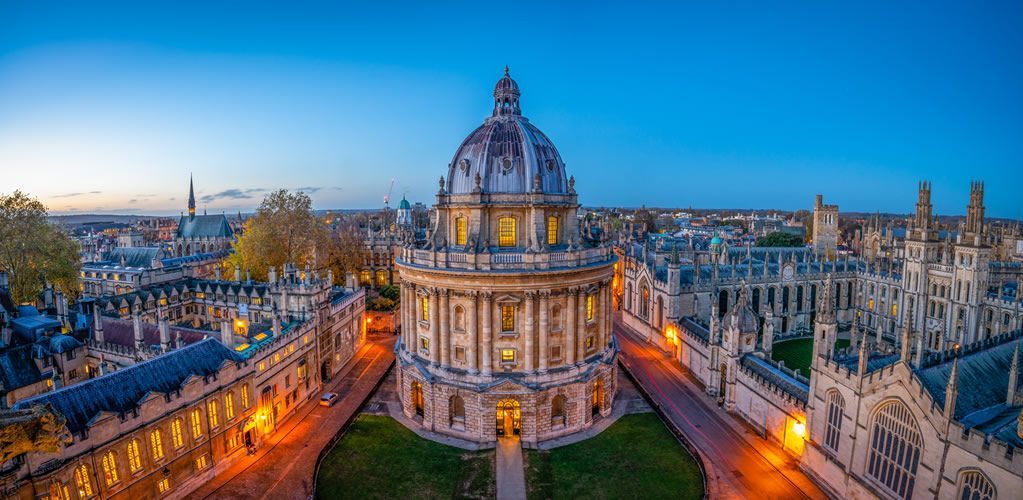Cabinet reshuffle: Science experts react
Science experts comment on the cabinet reshuffle and the creation of four new departments.

Science experts comment on the cabinet reshuffle and the creation of four new departments.
R ishi Sunak has announced the creation of four new departments to help drive the UK’s economic recovery from the coronavirus pandemic. These new departments will focus on energy security and net zero, science, innovation and technology, business and trade, and culture, media and sport.
The Department for Energy Security and Net Zero will be responsible for developing a strategy to ensure the UK meets its target of net zero emissions by 2050. This department will be tasked with developing a strategy that will help the UK reduce its emissions while also ensuring energy security and affordability.
The Department for Science, Innovation and Technology will be responsible for driving innovation and technology in the UK. This department will be tasked with developing strategies to ensure the UK remains at the forefront of technological innovation and development.
The Department for Business and Trade will be responsible for promoting and developing trade and business opportunities in the UK. This department will be tasked with developing strategies to ensure the UK remains an attractive destination for businesses and investors.
Finally, the Department for Culture, Media and Sport will be responsible for promoting and developing the UK’s cultural and creative industries. This department will be tasked with developing strategies to ensure the UK remains a leading destination for creative and cultural industries.
The Prime Minister has made it clear that these new departments will be essential in helping the UK recover from the economic impact of the coronavirus pandemic.
Science experts have strongly commented on the cabinet reshuffle and the creation of the four new departments, stressing the need for a holistic approach to science and technology policy, and noting that the reshuffle is an opportunity to create synergies among the different departments, and to ensure that scientific research and innovation are given the priority they deserve.
CONTINUE READING...
Enjoy unlimited access now.
To get full access to this article,
simply become a member of PUBLIC SQUARE now.
By doing so, you will be supporting
our independent journalism.
MEMBERSHIP OPTIONS:
£3/month ∙ £5/month ∙ £7/month
You can cancel anytime.
BECOME A MEMBER
Already a member? Sign in here!
BENEFITS OF MEMBERSHIP:
✅ Read exclusive member-only articles
✅ Read our daily review of the UK front pages
✅ Receive every new article by email
✅ Access all our articles
✅ Get Special Discounts with our partners
✅ Join the conversation: Comment our articles
✅ Access our archives
✅ More importantly: Support independent journalism and keep the magazine going
Read more

— The UK faces a diplomatic dilemma as Lord Peter Mandelson’s controversial appointment as ambassador to the US clashes with Trump-era tensions. His credentials impress, but political baggage risks rejection.

— Elon Musk’s self-radicalisation stems from his reliance on X’s algorithm-curated feed, which amplified far-right narratives, creating a feedback loop that entrenched his beliefs and shaped his radical political discourse.

— Your daily roundup of the front pages of the main newspapers and magazines today in the UK... and beyond.

— Elon Musk’s controversial gesture at Trump’s inauguration sparked accusations of Nazi symbolism, while Trump’s extremist policies and global provocations highlight an alarming shift towards far-right authoritarianism. The world watches anxiously.
|
|

